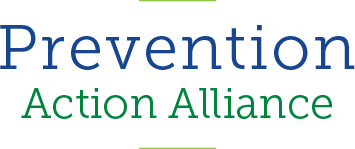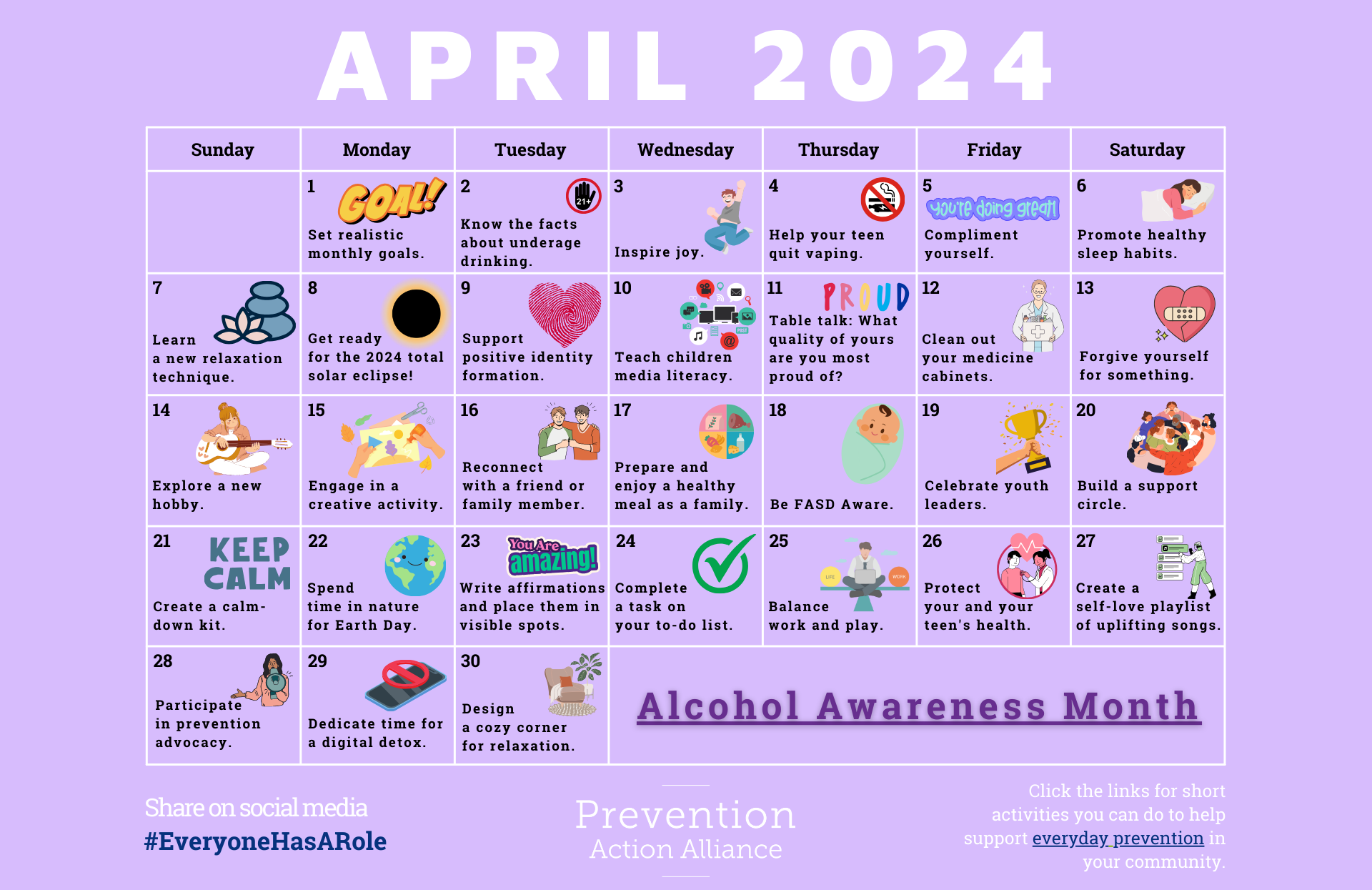
The Life of An Athlete Training Enlightened Many on the Negative Effects of Alcohol on Athletic Performance
(Columbus, Ohio) – The energy level was high as nearly 150 college and high school athletic directors, coaches, administrators, prevention specialists, sports medicine professionals and even some school “team captains” gathered today on OSU’s campus for The Life of an Athlete, presented by Drug-Free Action Alliance’s Ohio Center for Coalition Excellence. Keith Kenyon of the American Athletic Institute (AAI) spoke about the extensive scientific research done exclusively on top athletes, demonstrating the significant impact substance use and abuse has on the student-athlete.
The excitement continued as OSU Coach Jim Tressel made a surprise appearance to say hello and to emphasize the importance of students making healthy choices when it comes to substance use.
The overall goal was to provide information to this select group to aid in fostering optimum potential in their athletes – both on the field and in the classroom. Kenyon talked about the need for athletes to be fast on their feet and quick to react in their given sport, and that alcohol impairs reaction time for up to 12 hours after consumption. He also shared such facts as: alcohol increases the release of cortisol (the stress hormone which actually negates training) while decreasing performance potential by up to 11.4%; alcohol negatively affects the heart, lungs and immune system. Kenyon says, in fact, “Heavy episodic drinking results in projected loss of up to 14 days of training effect.” Kenyon summed it all up by saying, “Alcohol is a metabolic poison that crosses all barriers and affects all systems of the human physiology simultaneously.”
“These statistics, among various others were eye-openers for many who attended the training. The hope is that the group will take this information back to their high schools and college campuses to educate and engage their local community in supporting healthy choices for student athletes,” said Patricia Harmon, executive director of Drug-Free Action Alliance.

